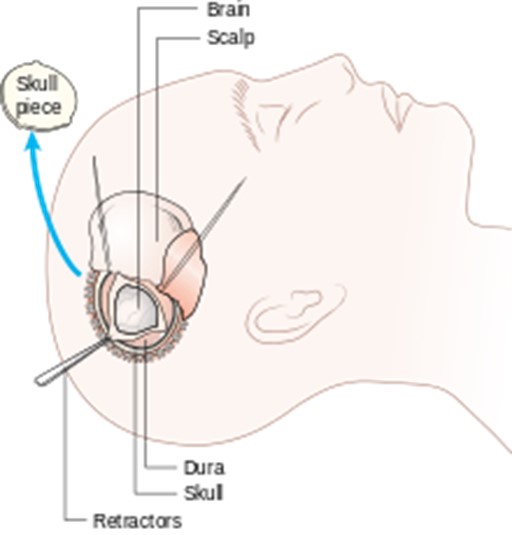A nurse is collecting data from a client who has diabetes mellitus. The client is confused, flushed, and has an acetone odor on his breath. The nurse should anticipate a prescription for which of the following types of insulin to treat the client?
Lantus
NPH
Regular
Lispro
The Correct Answer is C
Choice A Reason: Lantus is not a type of insulin that can treat this client, as it is a long-acting insulin that has no peak effect and lasts for 24 hours.
Choice B Reason: NPH is not a type of insulin that can treat this client, as it is an intermediate-acting insulin that peaks in 6 to 8 hours and lasts for 12 to 18 hours.
Choice C Reason: Regular is a type of insulin that can treat this client, as it is a short-acting insulin that peaks in 2 to 4 hours and lasts for 6 to 8 hours. It can be used to correct high blood glucose levels and treat diabetic ketoacidosis (DKA), which is indicated by confusion, flushing, and acetone breath.
Choice D Reason: Lispro is not a type of insulin that can treat this client, as it is a rapid-acting insulin that peaks in 30 minutes and lasts for 3 to 5 hours. It can be used to cover meals or snacks but not to treat DKA.
Nursing Test Bank
Naxlex Comprehensive Predictor Exams
Related Questions
Correct Answer is A
Explanation
Choice A Reason: Determining the client's calcium level is the appropriate action for the nurse to take, as it may indicate hypocalcemia, which is a possible complication of thyroidectomy due to accidental removal or damage of the parathyroid glands. Hypocalcemia can cause muscle spasms, tingling, numbness, or tetany.
Choice B Reason: Monitoring the client's peripheral pulses is not the appropriate action for the nurse to take, as it does not address the cause of muscle spasms or provide any relief.
Choice C Reason: Administering IV normal saline solution is not the appropriate action for the nurse to take, as it does not correct hypocalcemia or prevent further complications.
Choice D Reason: Giving the client an oral potassium supplement is not the appropriate action for the nurse to take, as it may worsen hypocalcemia or cause hyperkalemia, which can affect cardiac function and muscle contraction.
Correct Answer is D
Explanation
Choice A Reason: Hypertension is not a common finding in diabetes insipidus, but it may indicate increased intracranial pressure or other complications.
Choice B Reason: Fluid retention is not a common finding in diabetes insipidus, but it may indicate syndrome of inappropriate antidiuretic hormone secretion (SIADH) or heart failure.
Choice C Reason: Elevated blood glucose is not a common finding in diabetes insipidus, but it may indicate diabetes mellitus or hyperglycemia.
Choice D Reason: Increased urine output is a common finding in diabetes insipidus, as the lack of antidiuretic hormone (ADH) causes the kidneys to excrete large amounts of diluted urine.

Whether you are a student looking to ace your exams or a practicing nurse seeking to enhance your expertise , our nursing education contents will empower you with the confidence and competence to make a difference in the lives of patients and become a respected leader in the healthcare field.
Visit Naxlex, invest in your future and unlock endless possibilities with our unparalleled nursing education contents today
Report Wrong Answer on the Current Question
Do you disagree with the answer? If yes, what is your expected answer? Explain.
Kindly be descriptive with the issue you are facing.
